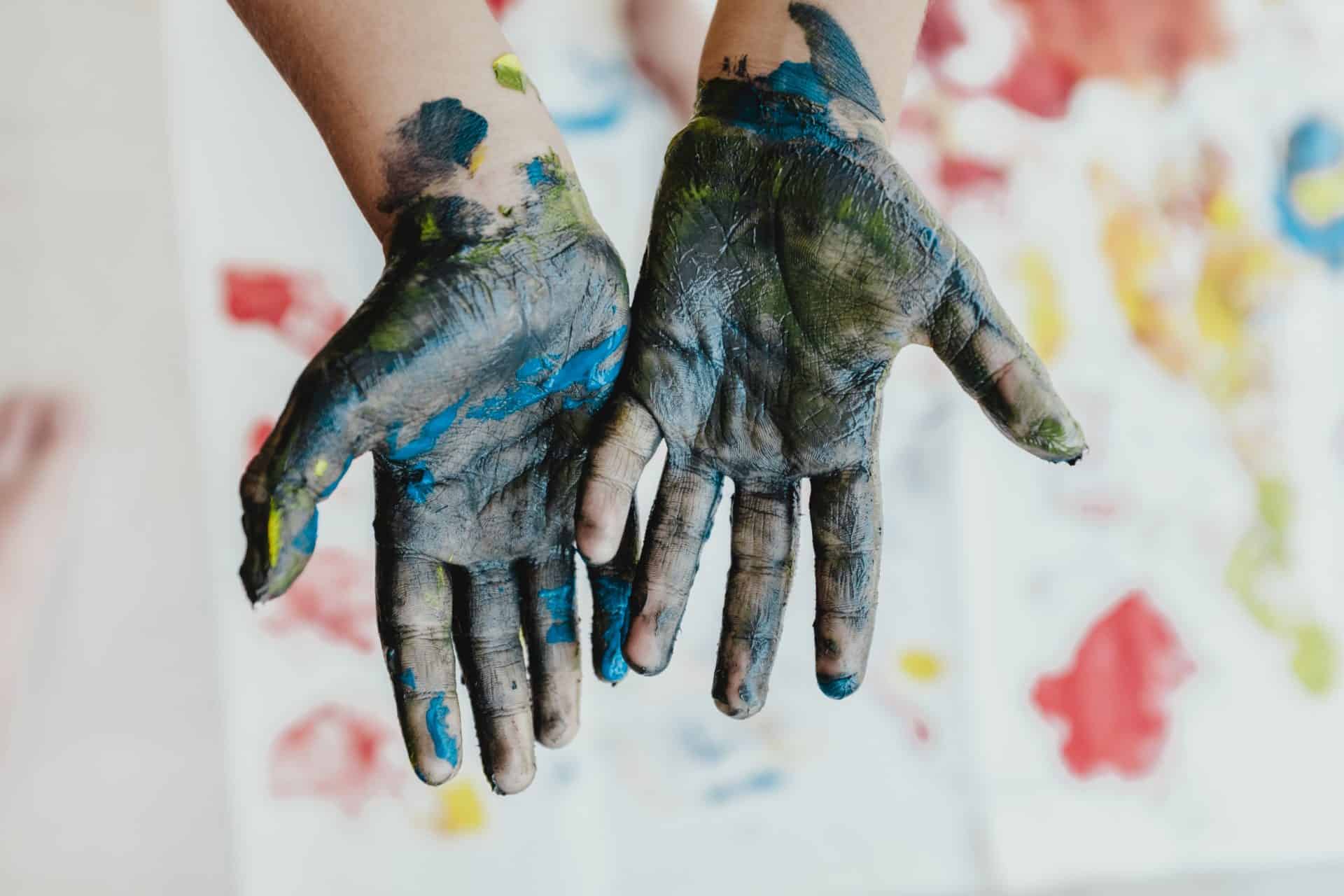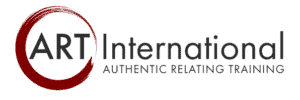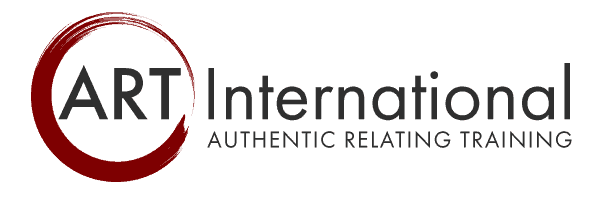by Vix Anderton
Perfectionism is often a humble-brag. The answer to that awkward interview question “what’s your biggest weakness?”
Perfectionism is dressed up as a deep love for drive and ambition. It masquerades as being conscientious, thorough and careful.
For a long time, I clung to perfectionism like a woman drowning in a sea of my own self-doubt.
It’s been the way I create my identity, my worth, my right to be in this world. It’s driven me to achieve and strive for success – or so I thought. As I’ve come back home to my body, I’ve come to realise that perfectionism is actually “self-abuse of the highest order”, in the words of Anne Wilson Schaef.
Perfectionism is a shield that prevents us from being seen.
Perfectionism is a survival strategy. It keeps us feeling safe, even at the expense of meaningful connections with others and ultimately ourselves. It’s an unconscious lens through which we interact with the world.
Somewhere along the line, we learned that it wasn’t okay to be us. That we need to control, even to manipulate, and present the right version of ourselves. That we needed to manage the experience of others so they wouldn’t see past the veneer.
Perfectionism leaves no space for the raw, unfiltered, artless qualities of genuine authenticity. It assumes that even just being can be studied, improved, perfected. And it determines the measure of one’s goodness and value by how thoroughly and tirelessly you seek to be better.
It is an exhausting and perpetually disappointing way to live: the work is never good enough and the job is never done. There is always room for improvement.
“Perfectionism is a dream killer, because it’s just fear disguised as trying to do your best.” — Mastin Kipp
The paradox of perfectionism is that its pursuit does not lead to a fuller, more rich, and rewarding existence. It simply eats away at your innate wisdom and truth, creates emptiness, and reduces you to a project without a timeline. Perfectionism is a trap. It gets in the way of us deeply knowing ourselves, our needs, our desires, and our intuition. It’s a barrier to connecting fully with another human being. It keeps us from one of the most basic things we desire as human beings – connection.
Perfectionism is a trap that authenticity can open.
Perfectionism is born in fear. “Fear of making a mistake. Fear of disappointing others. Fear of failure. Fear of success.”, to quote Michael Law. Fear of being myself. Fear of not being enough. Fear of being too much. Fear of being rejected for who we are. Fear of being the only one who’s still figuring it out and f**king it up.
Perfectionism is fear and authenticity is courage.
It’s the courage to let go of what others think, celebrate our quirks, and welcome our imperfections. It’s brave to allow ourselves to be vulnerable and to be fully seen by others. Hell, it takes guts to drop out of our heads and feel our own bodies, hear our own heartbeats, and connect with our own intuition – because what if it says something I don’t want to hear?!
Authenticity is freedom. Learning to be true to ourselves, to dance to our own beat, is liberating.
After years of practising the art of perfectionism, we need to learn a new way of being.
We have to practice showing up. To make the choice to be authentic over and over and over again. We can choose to let ourselves be seen.
We can allow ourselves the possibility that other people love us for exactly who we truly are. That people want to get to know the real us, not the masks we wear. That our genuine, authentic, raw presence is a gift that other people don’t merely tolerate, but deeply desire in their lives.
It takes courage, strength, and commitment – luckily, skills recovering perfectionists have in spades. The medicine is channeling those capacities away from hiding and controlling, towards allowing and being open.
It starts with radical self-compassion and welcoming everything. Even the parts we want to change, even the parts we think are deeply unlovable. Welcome it all.
The practice of welcoming everything is one of equanimity. It’s the power of simply turning towards what is with awareness and curiosity. It’s an invitation to become conscious.
When we allow ourselves to receive all the sensory and emotional information in our bodies, we stop resisting the flow of life within us and we can be present with what is.
“What self-acceptance does is open up more possibilities of succeeding because you aren’t fighting yourself along the way.” — Shannon Ables
We say yes to ourselves; we give ourselves permission to feel everything our body is telling us in that moment.
This is a radical act. A gentle revolution in a world that profits from our self-doubt.
When we start by simply noticing, we realise that nothing needs to be fixed, shifted or changed. You’re not broken. You’re a human being having a human experience.
By saying yes to our full experience, we create the space to make conscious choices about what we do next. Rather than reacting, we can choose our response. We can decide that we want to be able to do something different because we want to, not because we’re lacking.
In the ART of Imperfection, we’re not seeking to change anything. You’re good enough as you are. You don’t have to change yourself to change your life. Self-improvement is not required here.
Instead, we will bathe our tender souls in the soothing medicine of welcoming everything as we question the stories that constrain us and design a new relationship with ourselves, including our perfectionist tendencies.
Check out our free one hour webinar by ART Course Leaders, Chris Gray and Vix Anderton, for a gentle exploration of what it might be like to embrace our imperfections and authenticity.



